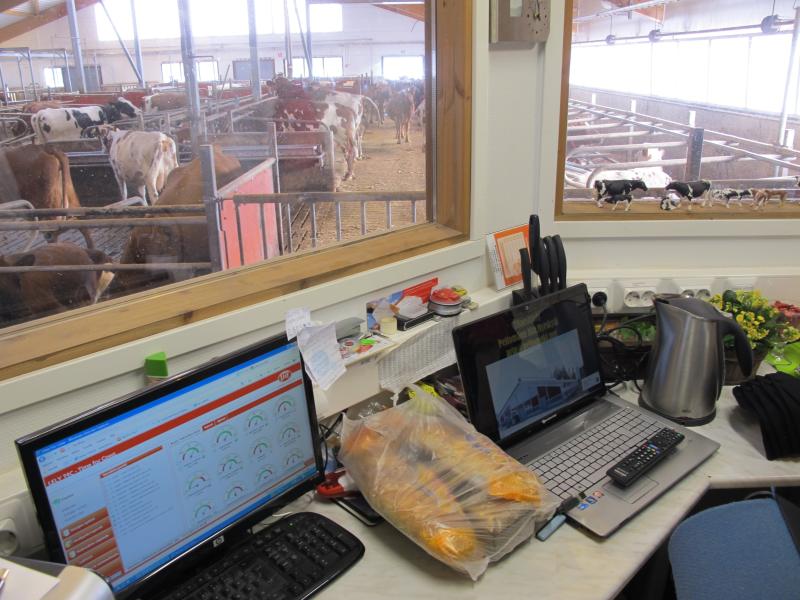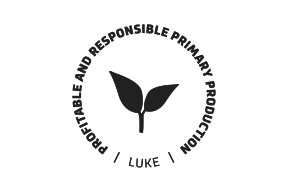Sharing Data for More Sustainable Animal Production – Luke and Its Partners Develop Digital Solutions for the Livestock Sector
Sustainable and transparent livestock production relies on data — and farms are generating more of it than ever before. The utilization of this data is being accelerated by the Digi4Live project, coordinated by the Natural Resources Institute Finland (Luke), in which European research institutes, companies, and authorities are developing digital solutions for the sector.
“Livestock farms collect vast amounts of data both manually and automatically, but it is often used for only one purpose — for example, to monitor animal health or feeding. The Digi4Live project is looking for ways to use the same data more broadly and share it between different actors,” explains research professor Jarkko Niemi, who coordinates the project at Luke.
In addition to Luke, the Digi4Live project brings together 14 European research institutes, universities and industry organisations. The six case studies also involve farms, the food industry, technology providers, and authorities from various countries.
Product Passport Brings All Information Together
One of the case studies focuses on pig and poultry production and uses value chains in the Netherlands to illustrate the integration of animal welfare data. Sensors on farms already automatically collect data on animals and their living conditions.
“The aim of the case study is to combine sensor data from farms, reports obtained from slaughterhouses and other information, to gain better insights into animal welfare through automated reporting,” says Niemi.
Another case study, led by Luke, focuses on dairy production and aims to develop a digital product passport and streamline agricultural administration. The product passport would integrate data collected by dairy farms, the food industry, and authorities into a useful information card.
“The product passport can bring together information, for example, on the environmental sustainability and animal welfare associated with a dairy product, and inform consumers about this. The passport could even provide information at the individual animal level.”
Data Space Beats Centralized Databases
The Digi4Live project addresses both technical and administrative challenges, which are often closely intertwined. For example, the product passport could receive diverse data from various sources such as milking robots, feeding devices, health monitoring systems, and official registers.
“We need shared rules for data format and transfer, even Europe-wide harmonization.”
According to Niemi, some of the project’s digital solutions utilise the concept of a data space, meaning that data from different sources is not transferred to a centralized database. Instead, the required data is accessed directly from the original sources according to pre-agreed rules when needed, whether for calculating environmental impacts, monitoring animal welfare, or preparing a sustainability report or a subsidy application.
Who Is Willing to Share Data and How Much?
According to Niemi, the success of the Digi4Live project ultimately depends on how much producers and other actors are willing to use digital tools and to share farm-specific information.
“It’s important that data sharing brings clear benefits to all parties involved. That’s what we aim to ensure in the project. Our goal is to create operating concepts that make it easier to share data safely securely and also motivate stakeholders to share.”
Creating attractive operating models requires a multidisciplinary approach. The project calls for strong expertise in livestock production, but also the ability to develop business models and digital solutions.
“These are all areas of expertise at Luke, which supports us in coordinating the project. We’re used to taking a broad perspective — and now we can extend it even further with our international partners.”
Who is leading the project?
Text: Marianna Salin



